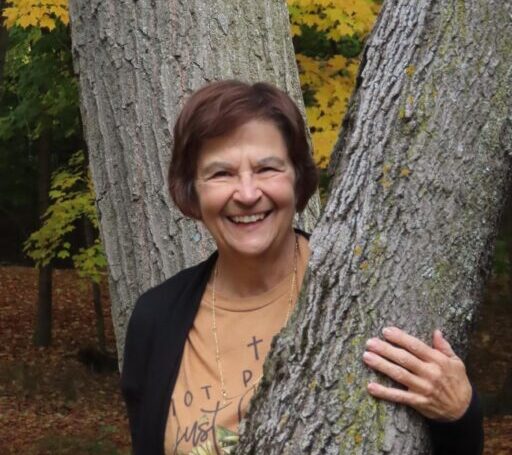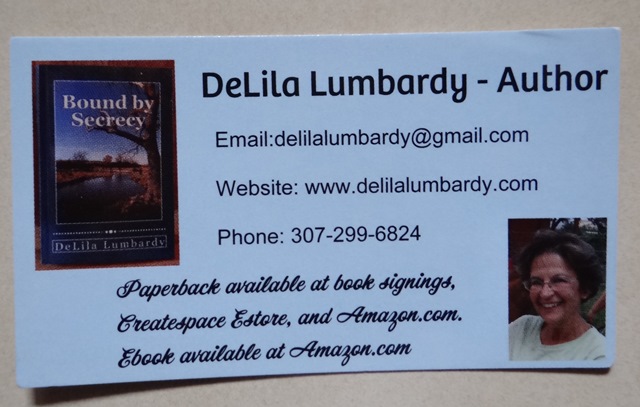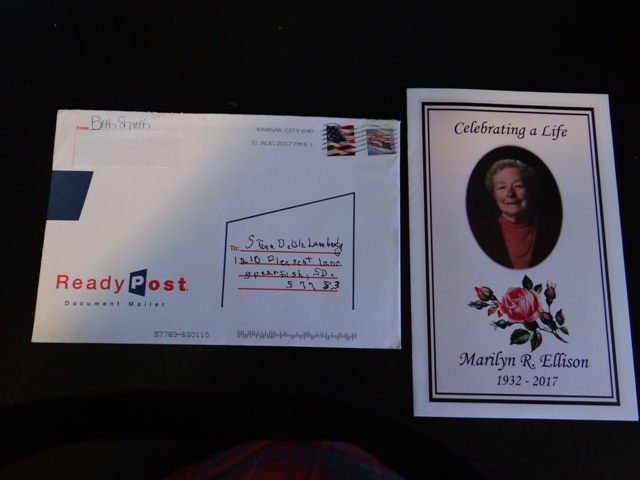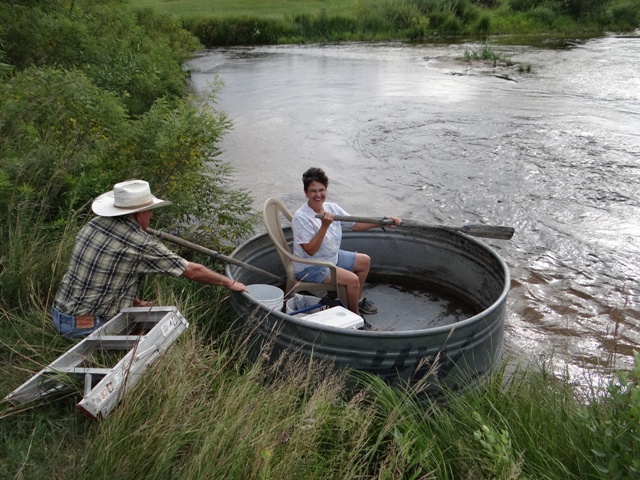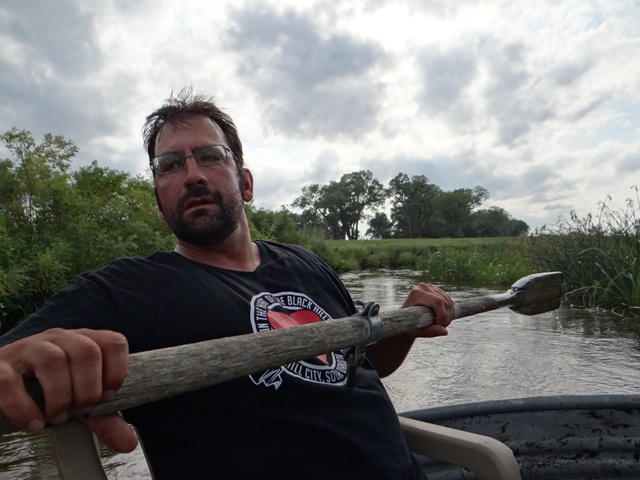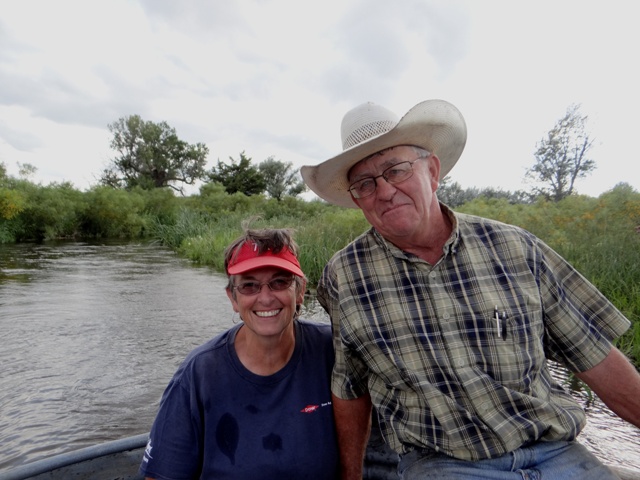Salt of the Earth
There is a distasteful story I remember from my days in nursing school. This one has nothing to do with patients, but with a fellow classmate. In order to protect the innocent, I will call her Abby. I do not remember a lot about Abby – except for this one incident that I have not forgotten in four decades.
Our three story dorm had a small kitchen area on the center floor that we could use to fix a home cooked meal if we wanted. Since many of us were hours away from home and some of us (like me) did not own a car to get home, we looked forward to any tasty treats that were concocted and shared from that kitchen.
Several of us had been invited to meet in the lounge area, adjacent to the kitchen, at 3:00 pm. on a Saturday afternoon. Rumor had been circulating for a couple of hours that Abby was in the kitchen baking a homemade pie from scratch. The rumors were confirmed when we stepped into the lounge area and smelled the aroma of sweet baked peaches. Brunner’s (our med-surg textbooks), care-plans, and visits to the library were momentarily forgotten as we licked our lips and settled into the soft couches and matching chairs.
Abby, with the help of a couple of classmates, began handing out the small paper plates of beautifully golden crusted pie. Those receiving the first plates held them in their laps, waiting for all of us to be served. When it came to homemade goodies, we had an unspoken code of culinary conduct – no one should be privileged to take a bite before another.
“Dig in,” yelled smiling Abby when the last person had been handed their plate. We did just that, but just as quickly, grim, grotesque facial distortions plastered our faces. We spit the terrible taste from our mouths, muttering various words of dislike and displeasure. The sweet taste we had eagerly anticipated had been replaced by one of the most nasty to ever cross my lips.
Several of us thought this was some sort of premeditated joke Abby had played on us. As it turned out it was an honest mistake. Instead of reaching into the sugar canister for a cup of sugar, she had reached into the salt canister. After our disappointment subsided, we were able to laugh about it and encourage Abby who swore she would never bake again.
Salt (in moderation) is an important staple in our kitchens. The average American consumes a teaspoon and a half of salt (3400 mg of sodium) per day. Even though too much salt (as us girls found out) is detestable; too little or no salt makes for a blah dish.
It is interesting to note that just as people around the globe have different ideas on most things, salt is no exception. The Yanomamo people of the Amazon Rain Forest get by on one tenth of a teaspoon of salt (200 mg of sodium) per day. On the other end of the spectrum are the people of northern Japan; consuming a whooping eleven teaspoons of salt (26,000 mg of sodium) every day. I’m thinking they may have liked Abby’s pie!
Table salt is what first comes to most people’s minds when the word “salt” is mentioned. But salt is used for so much more than that as the following chart displays:
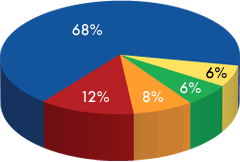
Sixty-eight percent (blue) represents salt used for making industrial chemicals, twelve percent (red) is salt used in water conditioning, eight percent (orange) is used in highway deicing, six percent (green) is used in making fertilizers, and the final six percent (yellow) is our table salt. Overall, there are more than 14,000 different ways to use salt.
Without salt, we would have a very different world. When used in appropriate amounts salt is a very useful compound. Even the common phrase “salt of the earth” means fundamental goodness. The expression originated in the Bible and was spoken by Jesus in Matthew 5:13 when he told his disciples they were the ‘salt of the earth’ (fundamentally good) and encouraged them to be a positive influence in the lives of those around them.
I can’t think of a more flattering description than to hear folks depict a friend, family member, co-worker, or neighbor as “salt of the earth,” just as Jesus referenced his disciples. Who do you think of as “salt of the earth”? Do you come to someone’s mind when they are asked that same question?
Until next month….keep on readin’ and I’ll keep on writin’.
